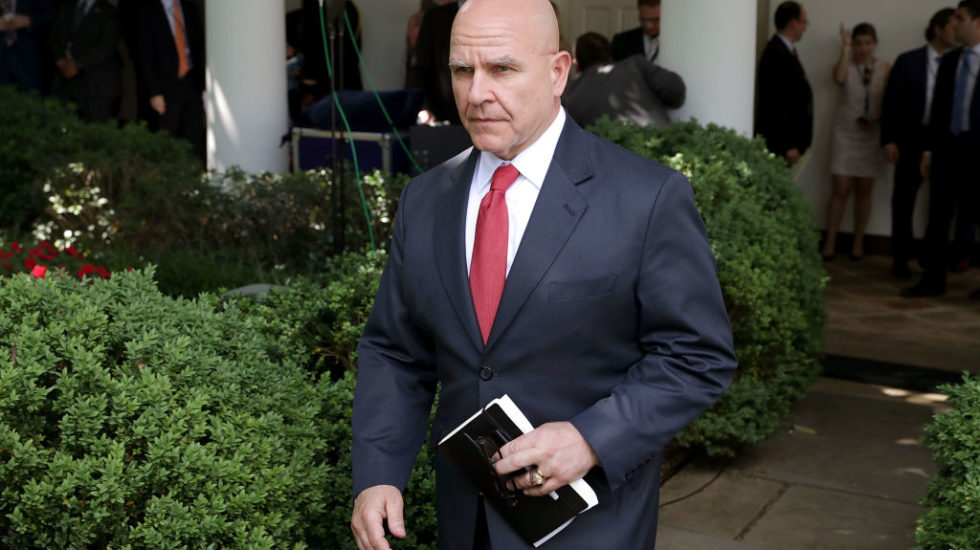According to a blockbuster report in The New York Times, a network of conservative activists launched a sophisticated spying operation against perceived enemies of then-president Donald Trump, including his second National Security Adviser, H.R. McMaster.
From The New York Times:
The scheme against Mr. McMaster, revealed in interviews and documents, was one of the most brazen operations of the campaign. It involved a plan to hire a woman armed with a hidden camera to capture Mr. McMaster making inappropriate remarks that his opponents could use as leverage to get him ousted as national security adviser.
The group also hired women to go on dates with FBI agents, who were sometimes targeted via dating apps. The goal was to ferret out members of the “deep state” by getting them to talk disparagingly about Trump on concealed audio recordings. McMaster was a focus because he was suspected of bad mouthing Trump to a business executive.
It is unclear if anyone from Trump’s inner circle was aware of the scheme, but the group reportedly received assistance from Erik Prince, the security contractor who was a major Trump booster. Prince’s sister, Betsy DeVos, was Trump’s Secretary of Education.
The New York Times also reports that one person who worked on the spying operation – Barbara Leeden – was a staff member of the Senate Judiciary Committee and said she was brought on by someone “with access to McMaster’s calendar.” Project Veritas, the conservative group known for hidden camera recordings, was also involved.
Prince reportedly tapped a former British spy, Richard Seddon, to train Project Veritas members at Prince’s family ranch. More from The New York Times:
After Mr. Seddon joined Project Veritas, he set out to professionalize what was once a small operation with a limited budget. He hired former soldiers, a former F.B.I. agent and a British former commando.
Documents obtained by The Times show the extent that Mr. Seddon built espionage tactics into training for the group’s operatives — teaching them to use deception to secure information from potential targets.
One role-playing exercise involved a trainee being interrogated by a law enforcement officer and having to “defend their cover” and “avoid exciting” the officer.
The project ultimately fizzled in 2018 when McMaster left his White House post. Project Veritas disputes The New York Times article, calling it a smear.



